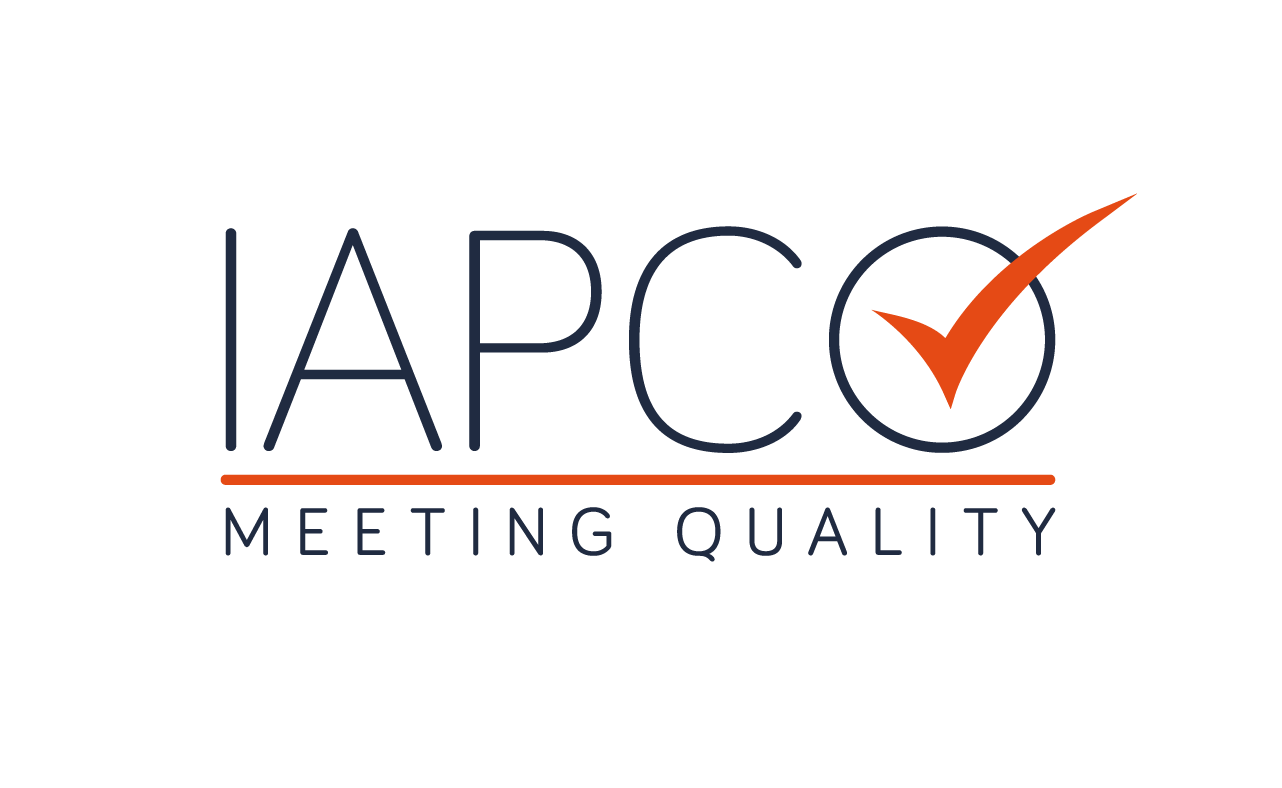A deep dive in the European bubble – what’s in for your association?

Forget about Belgian Beer: Why Brussels is a top hub for associations
Main changes in 2018 and opportunities for international associations
Home to more than 2,250 International and European associations, Brussels confirms year after year its position as a global association hub. A trend that Brexit has reinforced, with many industry bodies and professional societies seeking to relocate to Belgium. Beyond waffles, chocolate and moules-frites, what drives associations towards the Belgian capital? The answer lies in the location of the European Union’s (EU) core institutions and the need to keep close ties with EU policy-makers who set the rules governing access to a single market of more than 500 million consumers.
 The European Single Market is the EU’s most significant success and much has been achieved since its inception back in 1957. In 1988, former President of the European Commission, Jacques Delors predicted that “in ten years, 80 per cent of the legislation related to economics will be of Community origin”. Even if this figure seems overestimated today, EU legislation does regulate many sectors: healthcare, energy and environment, transport, financials, digital or manufacturing, just to name a few. It also offers a broad range of projects and programmes which represent a significant source of potential funding for associations. Thus, for any trade, industry or professional association, advocating for its sectorial interests and contributing to shape the EU agenda is of critical importance.
The European Single Market is the EU’s most significant success and much has been achieved since its inception back in 1957. In 1988, former President of the European Commission, Jacques Delors predicted that “in ten years, 80 per cent of the legislation related to economics will be of Community origin”. Even if this figure seems overestimated today, EU legislation does regulate many sectors: healthcare, energy and environment, transport, financials, digital or manufacturing, just to name a few. It also offers a broad range of projects and programmes which represent a significant source of potential funding for associations. Thus, for any trade, industry or professional association, advocating for its sectorial interests and contributing to shape the EU agenda is of critical importance.
The EU’s decision-making process is quite complex and involves multiple institutions; the European Commission (which holds the power of initiative), the European Parliament (whose members are directly elected every 5 years) and the Council of the EU (representing the Member States). In the EU regulatory debates however, civil society and industry perspectives are not only welcome but are built into the decision-making process, with multiple rounds of public consultations, expert groups meetings, etc. to legitimize the ultimate decision.
The pre-requisite to such policy engagement in Brussels is transparency: associations, like any party seeking to advocate for a cause, have to fill in the EU Transparency Register and abide by its rules (11,695 registrants to date). Another must is trust: an association’s credibility vis-à-vis EU institutions and stakeholders is its most valuable asset. Not even the best lobbyist in town can have a tarnished reputation.
Although the regulators have the final say, associations can make themselves heard by building upon their expertise and their capacity to empower a given sector to speak with one voice. If you are unable to do so, EU officials will not shy away from sending you back to the drawing board. A few years back, as the different players within the same utility segment could not agree on a common position and were pressing for their case individually, European Commission staff instructed them not come back until they were able to bring a unified proposal to the negotiation table.
While associations may often clash with one another over diverging interests, the EU institutions’ culture – bringing together such a diverse continent - is all about reaching consensus. Experience has taught many in Brussels that a gentleman’s agreement, even when business stakes are high and positions are diametrically opposed, is usually better than regulators picking winners and losers.
This is particularly true as global trends like digitisation, decarbonisation or the sharing economy lead industries to converge and seek partnerships beyond their traditional realm. Those new cross-industry alliances and coalitions bringing together stakeholders to leverage the upcoming European business and legislative framework are on the rise. In this context, associations’ capacity to engage with their broader ecosystem is key: the success of an automotive standards development organisation can be measured against its ability to join the conversation on automated driving. In the meantime, the EU makes no secret of its intention to maintain its leadership as a global trendsetter in regulation and standardisation in these new fields, as demonstrated on data privacy with the General Data Protection Regulation (GDPR) - Regulation (EU) 2016/679.
In view of Brexit and an ever-rising populism in Europe, 2018 will be a year of transition for the EU, before next year’s European Parliament elections, the subsequent choice of a new president of the European Commission and the nomination of his fellow Commissioners. Although the overall political equilibrium is likely to be preserved, this in-between period is source of both uncertainty and opportunity for associations seeking to profile themselves in the EU bubble. The political agenda for the next five years is in the making, and many are already working around the clock to have their say.
This article was provided by the International Association of Professional Congress Organisers, author Thomas Linget, Senior Account Manager, LOGOS Public Affairs, MCI Group. LOGOS is a Public Affairs, Association Management and Stakeholder dialogue company founded in 1998 and is a founding member of a EPACA. Since 2012, LOGOS is part of the MCI Group family, a globally integrated association, communication and event management company with 62 offices globally. IAPCO represents today 116 companies comprised of over 6000 professional congress organisers, meeting planners and managers of international and national congresses, conventions and special events from 41 countries Email: info@iapco.org www.iapco.org

Other Articles
About Us
Supported by the Union of International Associations (UIA), the International Association of Professional Congress Organisers (IAPCO) and the Interel Group, the global public affairs and association management consultancy, Headquarters Magazines serve the needs of international associations organising worldwide congresses.















